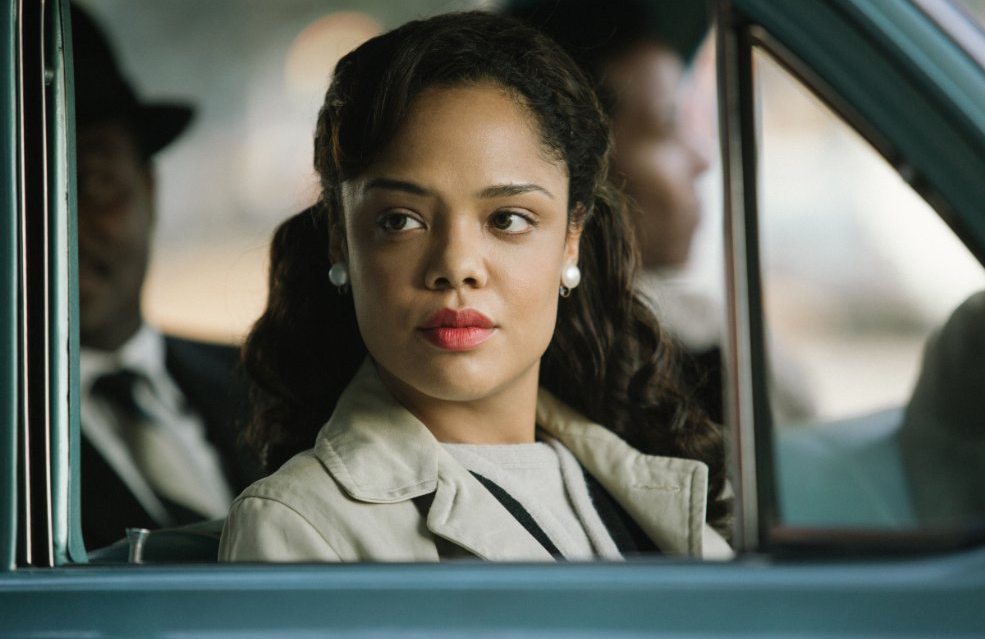by Richard Gould
SELMA makes clear in its opening frames that it’s going to be a subtle film, not an easy hagiography of a national hero, and it’s refreshing to see how many scenes show Martin Luther and Coretta Scott King vulnerable and trusting their flagging spirits to the energies of other people. When King does act, in the days winding down to their fateful march to Birmingham, he shows a surprising adroitness at tactics and negotiation with unruly people, and reveals a gift for protest choreography in the new television age. But it’s the film’s unsentimental look at the work of creating a movement—toxic battles between the Southern Christian Leadership Conference and local rival Student Nonviolent Coordinating Committee (SNCC), the petty turf-guarding of Alabama officials—that had the effect for me of loosening the floodgates: I couldn’t stop crying through the entire film. Intensely suspense-making as it lays out the ground game of the voting rights march (I was reminded of The Battle of Algiers) and focusing on the key players, this film captures, like no other, the apartheid mindset running through the 1965 South. David Oyelowo does a matchless incarnation of the civil rights leader under the sure helm of director Ava DuVernay. The question of Lyndon B. Johnson’s guilt or innocence (he was a more sympathetic player than depicted here) has opened the film to criticism, which is fine for the history books but beside the point: He’s an emblem for white America at a time when, like King, they were listening to the better angels of their nature, but not sure if it was yet time to live by them.—Richard Gould






